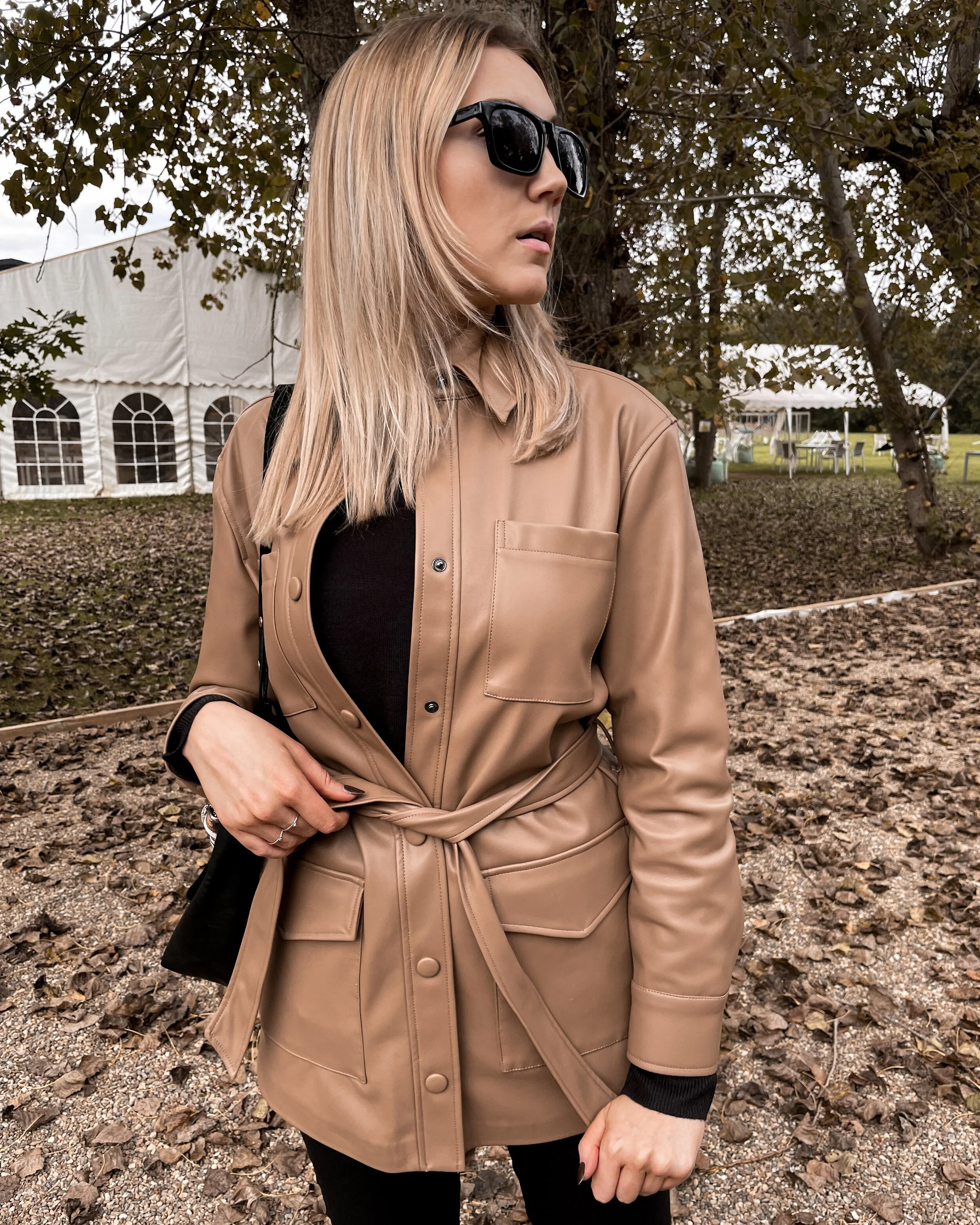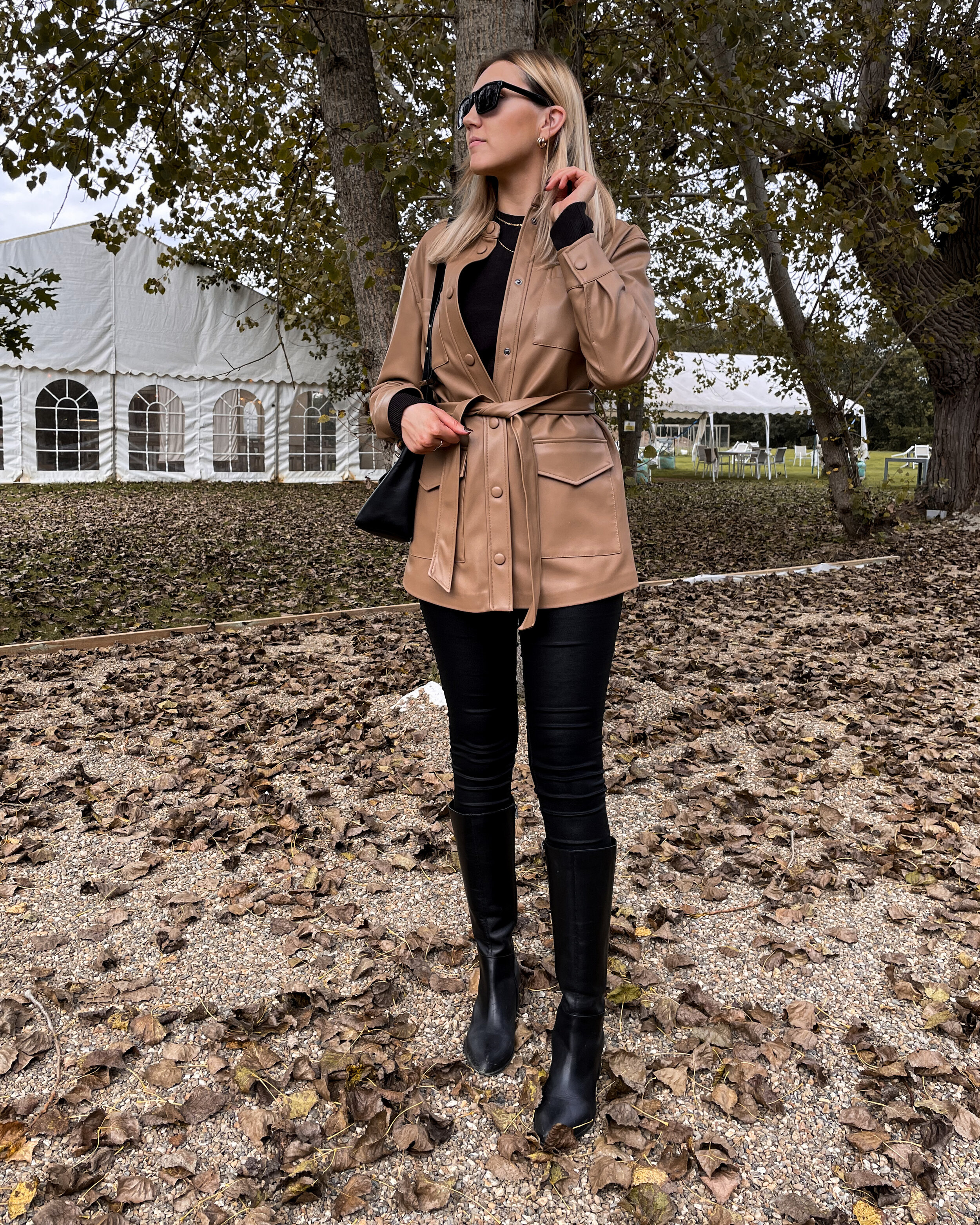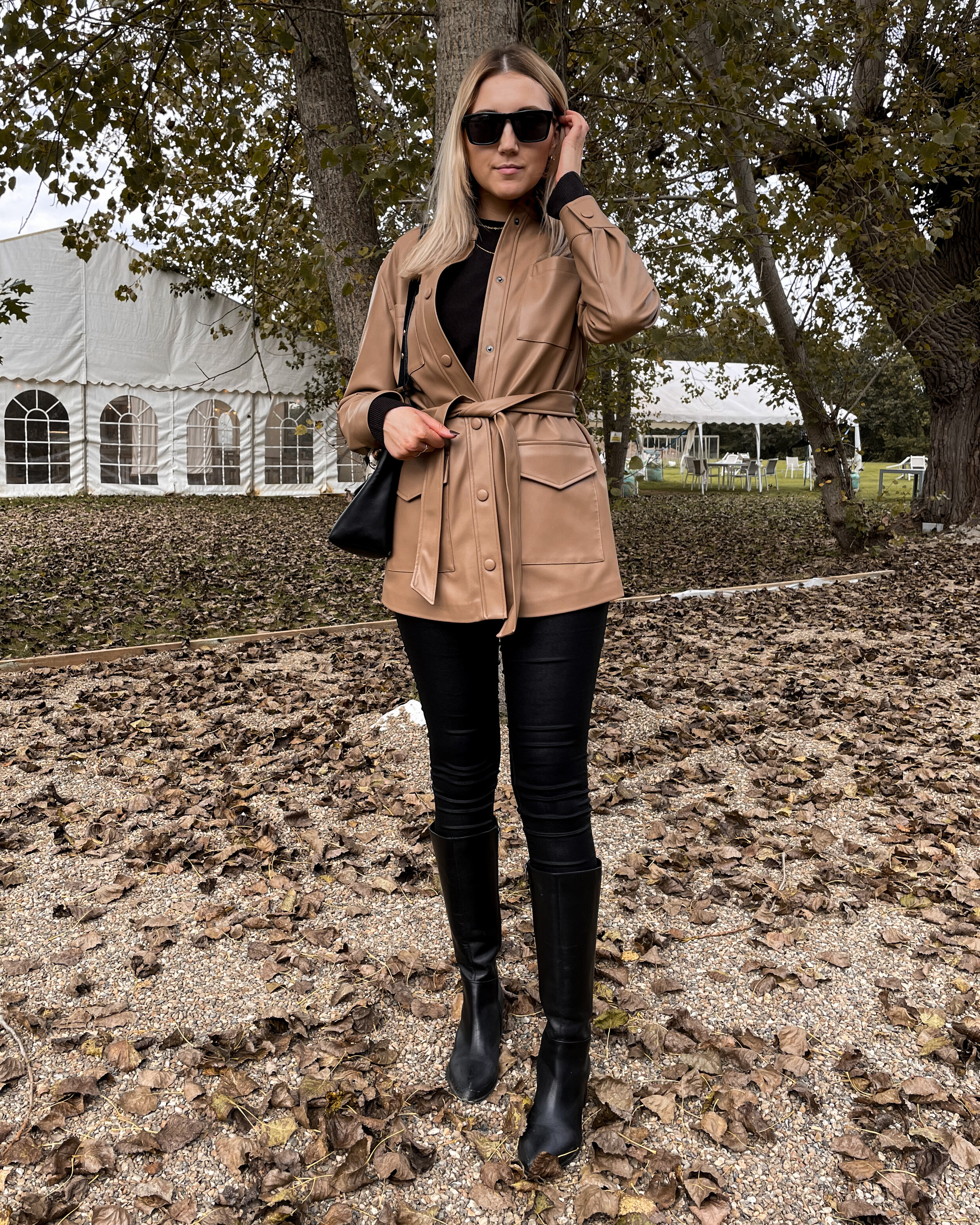Mindful Shopping: What Is It And Why It's So Important
AD: THIS POST CONTAINS AFFILIATE LINKS. ALL AFFILIATE LINKS ARE MARKED WITH ‘*’.
Fashion, and sustainability’s, latest buzz-Word is here, but what is mindful shopping and how can we all get involved in something that i’ve found endlessly beneficial?
Has anyone else got that new-season buzz? The desire to walk around every shop on the high street, lust after the latest releases in Selfridges and frantically refresh the “new in” pages of our favourite websites? Yeah me too. I can’t help it, I love fashion, it excites me and inspires me. But with the environmental impact of our consumerism ever increasing in our minds, it’s no wonder that the approach of mindful shopping is on the rise. It allows us to embrace our flawed human ways and inject some balance when it comes to our shopping habits. It lets us confront the things we aren’t so proud of but find a simple way to make those small changes that can start to make all the difference.
What is mindful shopping?
It’s the process of applying more consideration whenever you buy something. It’s accepting that has human beings we love to buy new things but often it’s more about wanting something than needing something. We’re hardwired to want new and get that dopamine hit when we leave a shop with a full bag or get a knock on the door. And while it is ok to want things and lust after them, taking a more mindful approach to what you’re buying has benefits for you and the planet. It’s far more straight forward than it may sound and only requires some small adjustments to existing habits.
Why is mindful shopping important?
Firstly, and most obviously, it helps to break the cycle of over-consumption. So many of us are in the habit of just buying new things as soon as the seasons change or whenever we pop to the shops. Haul culture is huge and works to normalise over-consumption too. But if we want to change our habits and reduce our carbon footprints when it comes to fashion, applying a more considered approach is a simple step most of us can take to break the cycle.
Secondly, taking a moment to think about whether or not you actually need something and whether it will get worn frequently (and ideally year after year) also gives you the opportunity to consider the true value of the item. If it’s a very trend led litem that is a bit out of your comfort zone and you know it will spend more time hanging in your wardrobe than being worn then not only is it not worth it for the planet but also, is it worth it for your bank balance? It’s so easy to get caught up in the habit of buying new and wanting the latest trends and I get it. I really do, and this is a judgement free zone. But taking a more mindful and considered approach to what I buy has really helped me to get more of a handle on my spending and understand the true value of something.
how can you shop more mindfully?
Like so many terms, shopping mindfully sounds more daunting than it is. In reality it’s the process of changing your habits so before buying anything you’re taking a moment to pause and consider the purchase properly. Here are the simple questions I always try to ask myself before shopping:
Do I really need this?
You’re allowed to want something just because, we’re all human, but if you take a moment to question whether you really need this then often you’ll realise the answer is no and you’ll save yourself time, money and a possible fashion regret. This goes for secondhand shopping too. While it’s far kind on the environment if you don’t actually need something and won’t wear it then it doesn’t matter how good of a bargain it is, leave it for someone else.
Does it fill a gap within my wardrobe, or do I have something similar?
This adds more structure to the question above. If you’re buying something that literally goes with nothing else then how are you going to style it? Are you actually going to every want to wear it or could you re-style something you already own? If it fills a gap that you’ve had for a while then you’ll probably find it becomes a staple in your wardrobe.
Is this the best retailer I can purchase it from?
Ok, this is a whole post in itself and is wildly ambiguous. More expensive doesn’t always been better and better isn’t always accessible. But if it’s something you can do then I urge you to think about the retailer. Do they pay their workers? Have they used normal cotton or BCI certified cotton? Is it a good quality or will the seams split and shape go within a few wears? I know this isn’t always an option and I respect that, but if it is an option then it’s a question worth asking even if you don’t always get it right. Another alternative is to look for your favourite high street retailer on secondhand sites so you’re extending the life of something that’s already been bought rather than adding to the demand.
Will I get the wear out of it?
Arguably one of the most important questions. If it’s going to sit at the back of your wardrobe collecting dust then don’t even bother in the first place. Clothes are made to be worn and by getting wear out of something you’re also making the most of the materials used to create it and respecting the workers who made it. I know it can sound a bit deep but if from the start you’re making sure you’ll get the wear out of it then that’s a huge step in the right direction.
Can I honestly afford this right now?
I don’t think it’s right to have a conversation about mindful shopping without addressing this. Affordability, value and your judgement on whether you can afford something is subjective and personal. But I don’t think we talk about asking these questions enough. It’s been normalised to constantly be buying new things, and I’m specifically talking about the non-essentials here. The things we buy just because we want to but then end up causing us an undue amount of stress a few weeks later because we’re living beyond our means. I’d bet that more of us have been in that situation that we’d like to admit but here’s your reminder: no trend is worth more than you peace of mind when it comes to financial security.
This is a conversation I’m keen to have more often. I think it’s the way forward for so many of us who are looking for that balance when indulging a passion they have while also being aware of the society around them. Drop me a comment below or DM on instagam to keep the conversation going!





